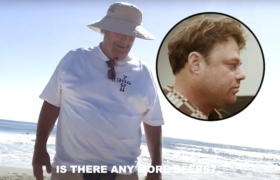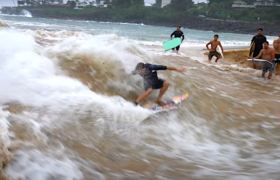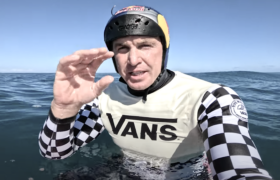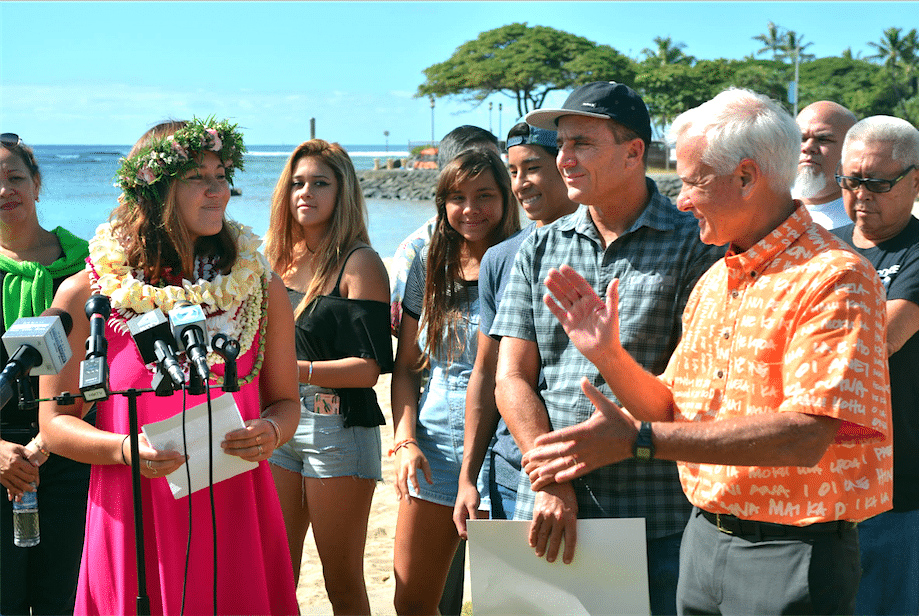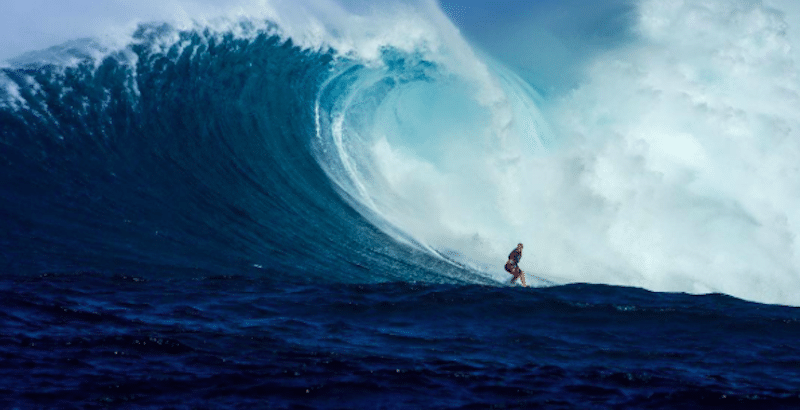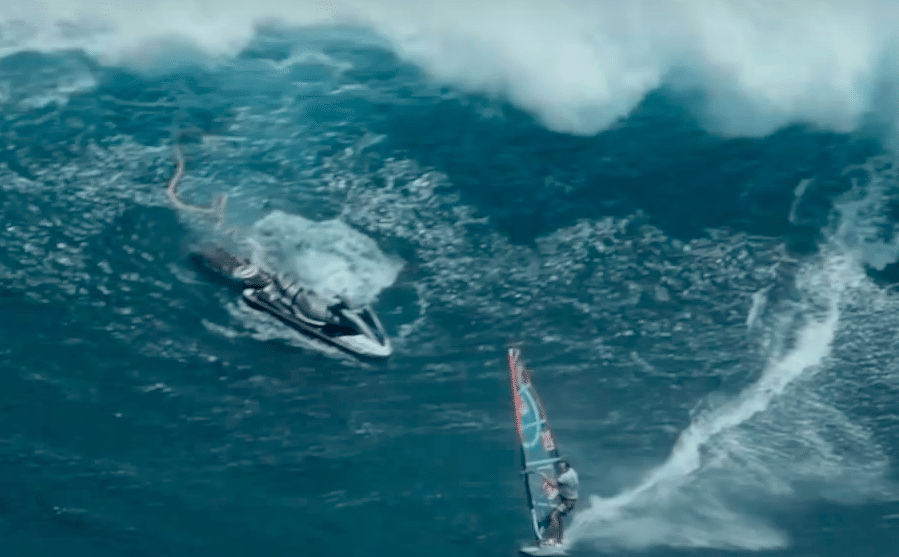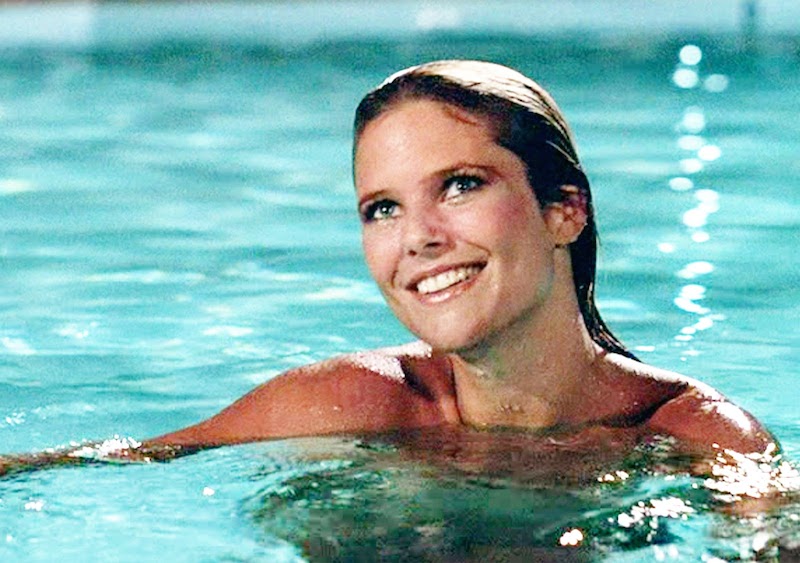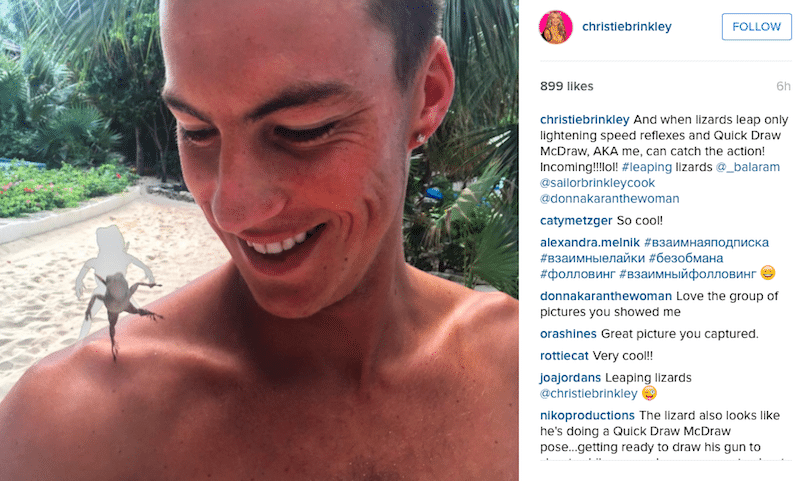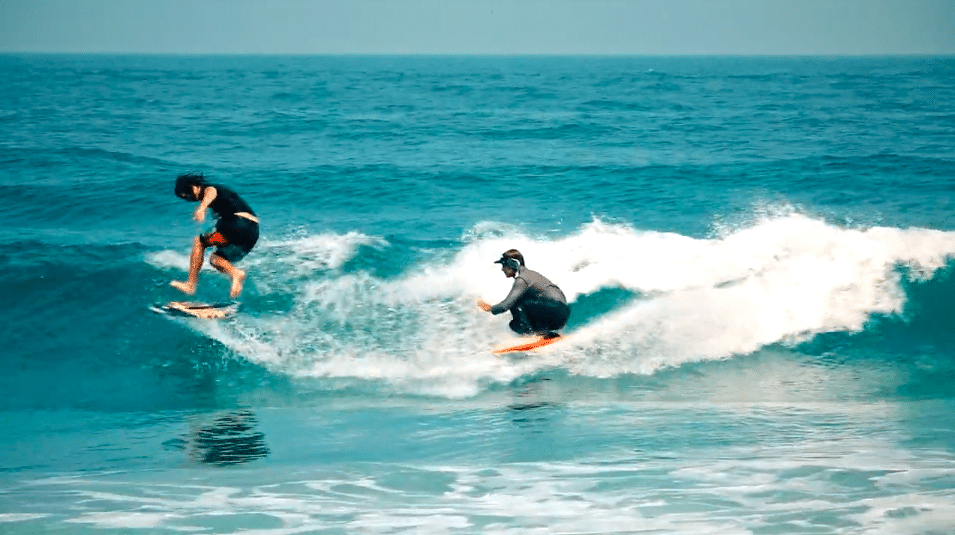What exactly is…Hawaiian?
I received an email from the WSL’s PR wing this morning, or late last night, that began,
“Three-time world surfing champion and Honolulu native Carissa Moore was honored at Ala Moana Beach Park today by Honolulu Mayor Kirk Caldwell, who officially proclaimed January 4 as Carissa Moore Day in Hawaii.”
Absolutely lovely. Carissa Moore’s just great, amazing surfer, future legend. Good for her.
Of course, it’s not exactly true. Caldwell’s not the king of Hawaii, just Mayor of Honolulu County. The state of Hawaii is comprised of four (technically five) counties. Honolulu (duh), Kauai (which includes the island of Ni’ihau), Maui (which includes most of Molokai, Lanai, and Kaho’olawe), and Hawaii (Big Island). The technical fifth is Kalawao County, which consists of a small portion of the Molokai coast, the reasons for which are kind of interesting, but totally inconsequential in the context of governance.
So January 4th is only Carissa Moore Day on Oahu, at least until one or more mayors from other islands jump on the bandwagon. Which isn’t very likely.
It’s a simple mistake on the WSL’s part, people forget that there’s a lot more to the Hawaiian Islands than Oahu. Which suits most of us just fine.
And, anyway, it’s just simpler to call Honolulu “Hawaii.”
Does it bother a few touchy souls on other islands? A bit. People from Kauai certainly care about the fact that it was never conquered by the Kamehameha dynasty, even though it kind of was.
Anyway, these minor distinctions don’t mean shit outside our borders, and I really don’t expect the majority of the world to care. But it does give me an excellent opportunity to segue into another kind of important if you live here, but confusing to visitors, topic.
Hawaiian means you’ve got Hawaiian blood. The amount doesn’t really matter, unless you’re fighting over potential federal dollars. We’ve got “toenail” Hawaiians, with blonde hair and blue eyes, a few pure-blooded Hawaiians, people who discovered their ancestry moved out in their late twenties and affected an accent. But the term pertains to bloodlines, not residence.
Which is racial identity in Hawaii.
You hear it all the time during the WSL webcasts, even from Ross Williams, who certainly knows better. “Hawaiian” surfer John John Florence, “Hawaiian” surfer Sebastian Zietz. And, yeah, they grew here, didn’t flew here, but Hawaiian they are not.
Hawaiian means you’ve got Hawaiian blood. The amount doesn’t really matter, unless you’re fighting over potential federal dollars. We’ve got “toenail” Hawaiians, with blonde hair and blue eyes, a few pure-blooded Hawaiians, people who discovered their ancestry moved out in their late twenties and affected an accent. But the term pertains to bloodlines, not residence.
Born and raised in Hawaii, but spring from different stock? No worries, you’re local. Not to be confused with how the word is used in surfing.
White guy who moved out with your girlfriend at 28 and decided to stay? That’s me, that’s haole, and that’s fine. Sure, plenty of assholes bitch and moan about the term, compare it to nigger, get all up in arms.
But it’s just a word, and, like all words, the meaning heavily depends on context.
“The nice haole couple who live next door,” isn’t the same as “that fucking haole who cut me off on Nimitz this morning.”
In any case, it’s kinder than kotonk, an onomatopoeia that refers to Japanese born on the mainland and is derived from the sound of an empty coconut hitting the ground.
